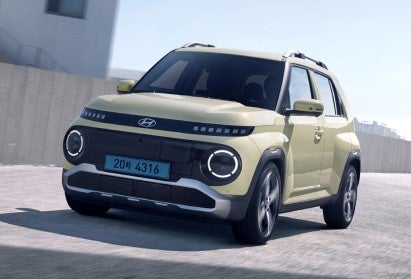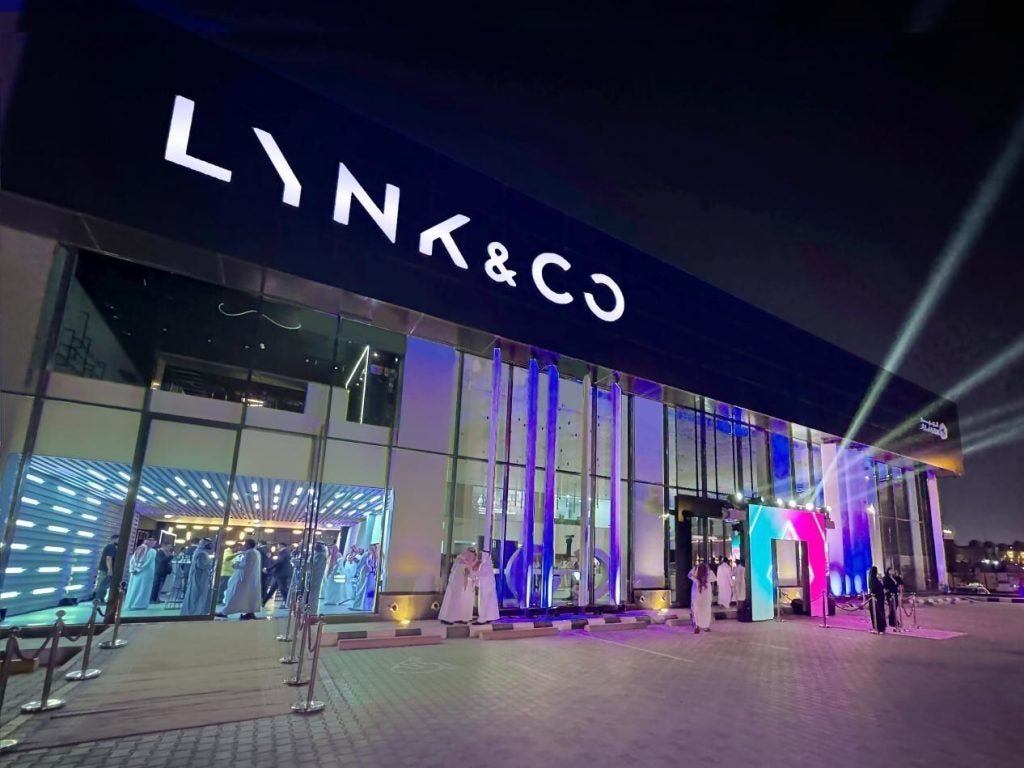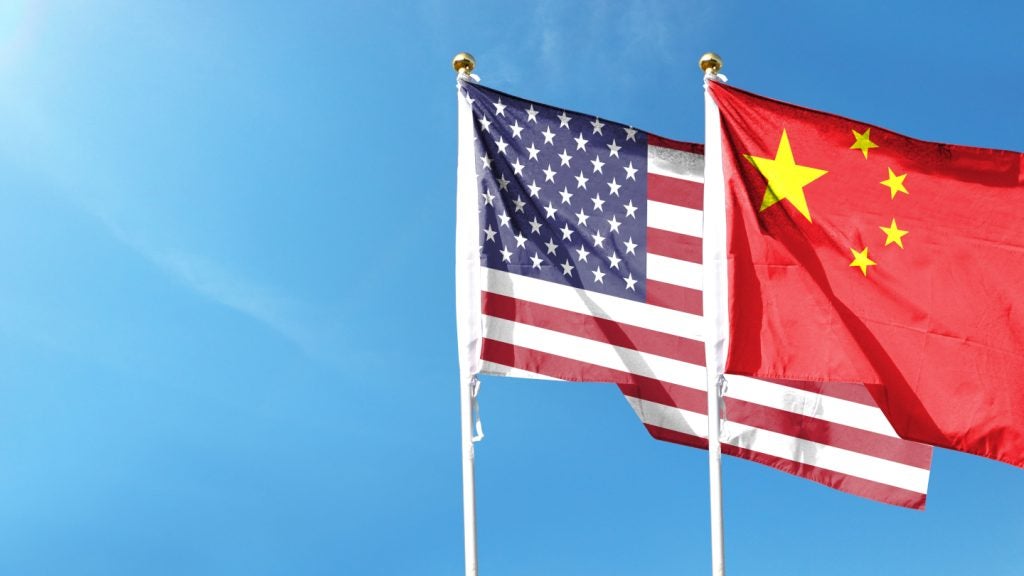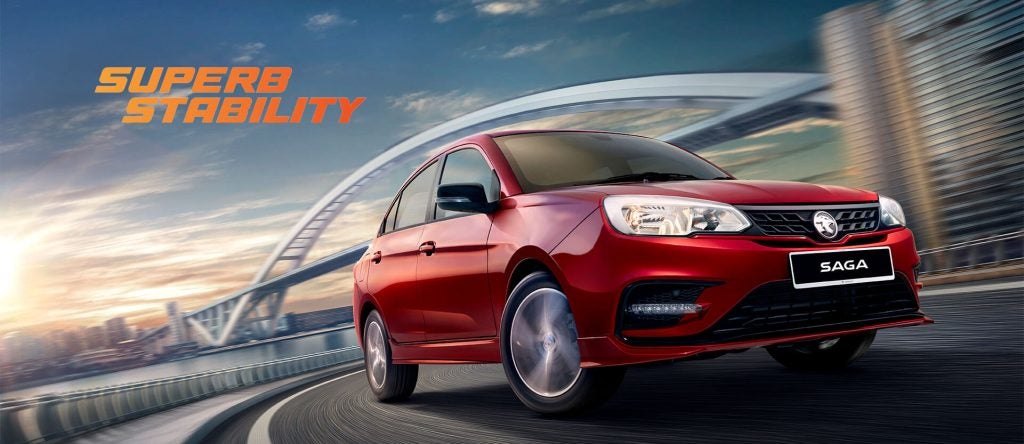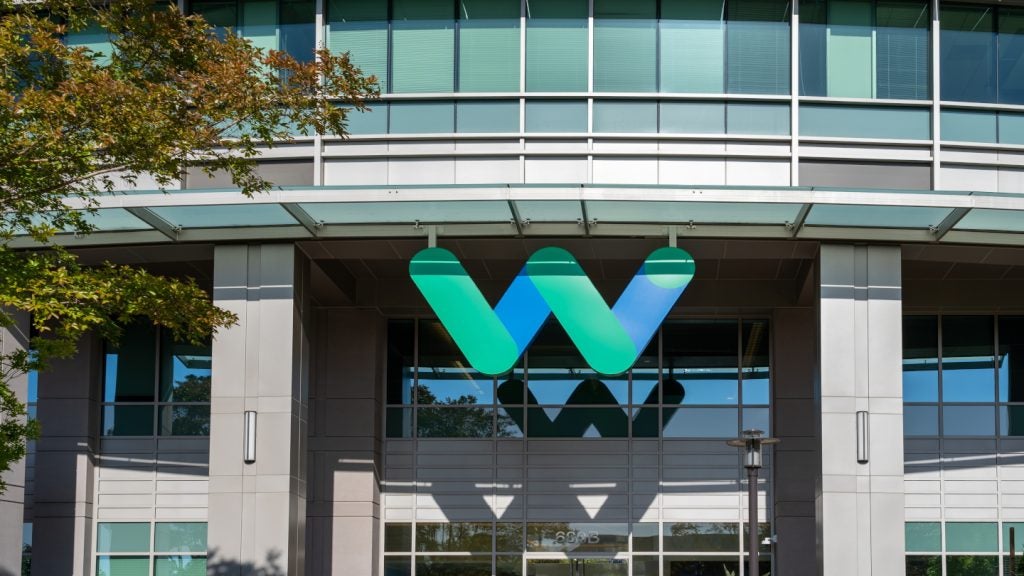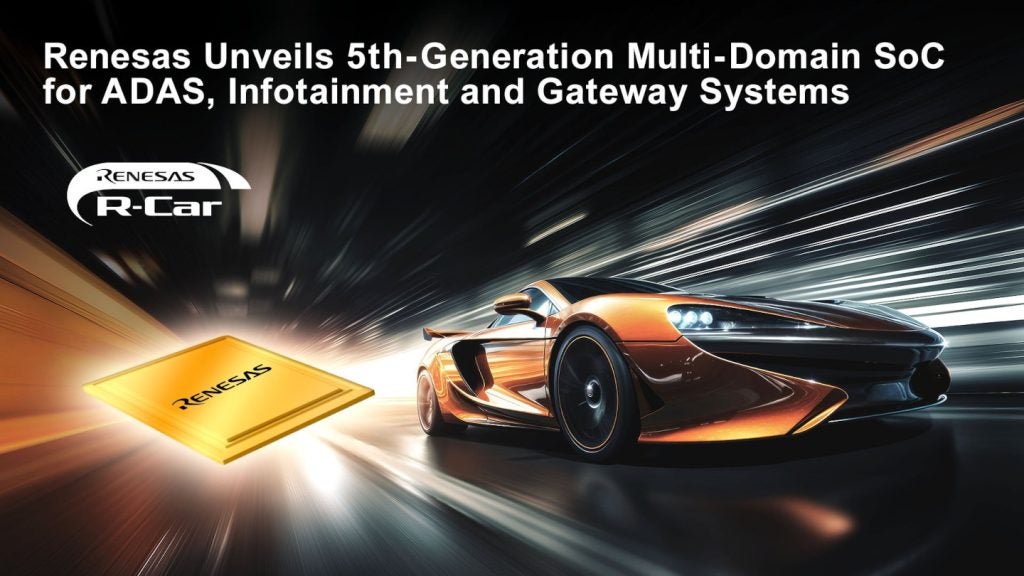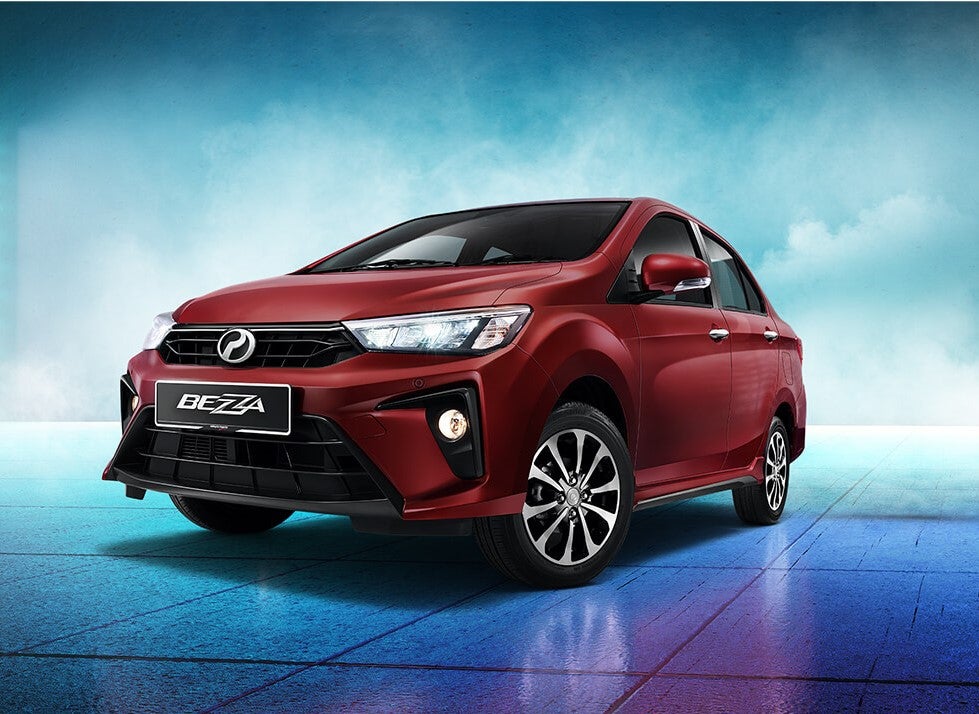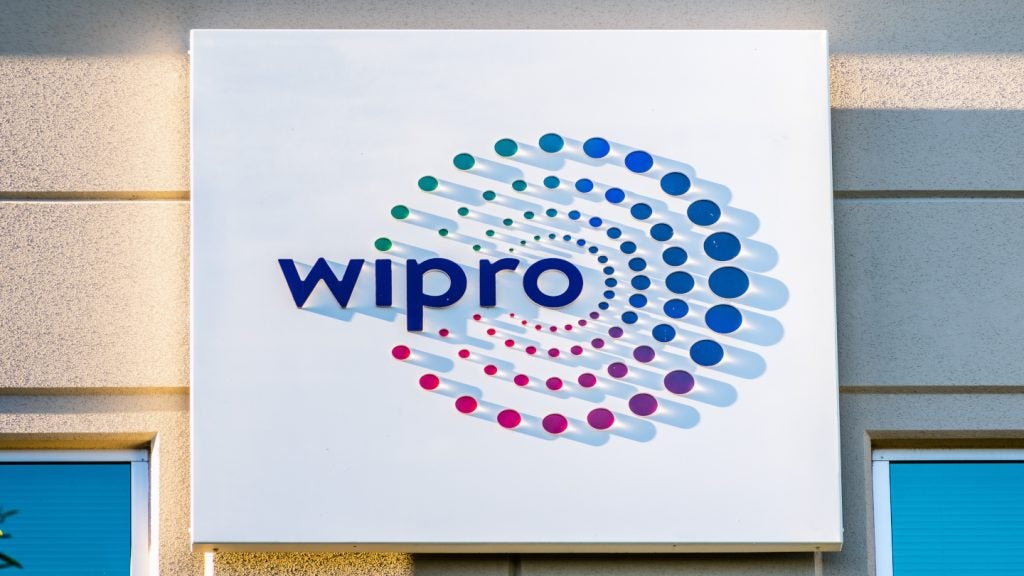Sales of battery electric vehicles in South Korea began to recover in the third quarter of 2024 after a sharp decline in the first half of 2024, according to data released by the Korea Automobile Manufacturers Association (KAMA) this week - which covers only local automakers.
BEV sales by domestic manufacturers increased by just under 2% to 54,676 units in the first nine months of the year after plunging by 27% to 28,788 units in the first half of the year. Third-quarter sales surged by over 80% year-on-year to 25,888 units, driven mainly by the release of new entry-level models by Hyundai and Kia.
The BEV market looks to be overcoming the safety concerns resulting from a series of spontaneous BEV battery fires in the country in the last year, including one in August involving a Mercedes-Benz EQE parked in an apartment building in the city of Incheon fitted with batteries produced by China’s Farasis Energy - which reportedly took eight hours to extinguish and destroyed over 100 vehicles in the complex.
In September the South Korean government said would bring forward its electric vehicle (EV) battery certification programme, as it looks to alleviate growing safety concerns in the country. Also, domestic vehicle manufacturers now more readily disclose the suppliers and origins of their BEV batteries.
The cost of BEVs compared with their internal combustion engine (ICE) equivalents has also been a major cause for this year’s market decline, particularly in the commercial vehicle sector where sales of battery-powered versions of the Hyundai Porter and Kia Bongo plunged by around 60% and 70% respectively in the first nine months of the year.
The recovery in the country’s BEV market in the third quarter was helped by the recent launch of new lower cost battery-powered models such as the Hyundai Casper small SUV and the Kia EV3. These models, priced at between KRW20m and KRW30m (US$14,235-USS$21,307) after government subsidies, provide a more affordable entry into the BEV market for South Korea’s highly indebted consumers.


